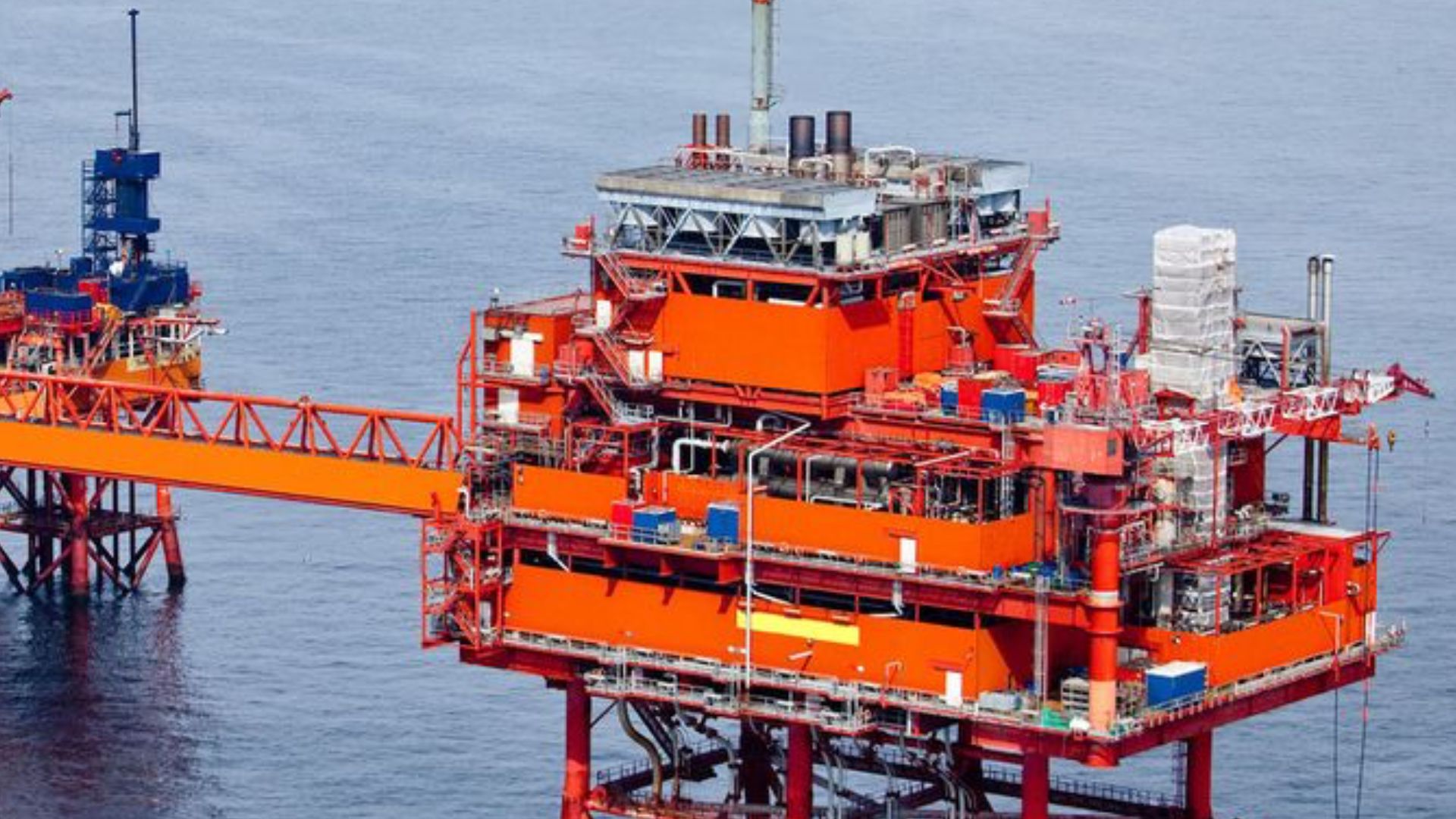Senegal's Energy Renaissance: Unveiling the Potential of the Oil and Gas Industry
- Senegal | 20 September 2023

Senegal, situated along Africa’s Atlantic coastline, has emerged as a hotspot for oil and gas exploration in recent years. With significant discoveries and ambitious development plans, the country is poised to transform its energy sector and become a regional player in the global oil and gas industry. In this article, we delve into the potential of Senegal’s oil and gas industry, examining the recent developments, major discoveries, and the country’s strategies for sustainable growth.
Senegal’s offshore basins have attracted attention from international oil and gas companies, leading to several significant discoveries. The deep-water Sangomar oil field, operated by Woodside Energy, is estimated to hold over 500 million barrels of oil, making it one of the largest oil discoveries in West Africa in the past decade. Additionally, the Greater Tortue Ahmeyim gas field, shared by Senegal and Mauritania, is believed to contain substantial reserves of natural gas, promising vast economic opportunities for both nations.
Senegal has adopted a proactive approach to develop its newfound oil and gas reserves in a responsible and sustainable manner. The government, in collaboration with international partners and industry experts, is working on establishing the necessary infrastructure, regulatory frameworks, and fiscal policies to support the sector’s growth. The ongoing development of the Sangomar oil field and the progress of the Greater Tortue Ahmeyim project demonstrate Senegal’s commitment to harnessing its energy potential.
Senegal recognizes the importance of regional cooperation in maximizing the benefits of its oil and gas industry. Through partnerships with neighboring countries like Mauritania, Senegal aims to leverage shared resources and infrastructure, promoting cost-effective exploration, production, and export activities. The Greater Tortue Ahmeyim project, a prime example of cross-border collaboration, highlights Senegal’s commitment to regional integration and resource optimization.
As Senegal develops its oil and gas industry, it places great emphasis on sustainable and responsible practices. The government is working closely with industry stakeholders to ensure environmental protection, community engagement, and the long-term socio-economic benefits for its citizens. By prioritizing environmental impact assessments, implementing stringent safety standards, and promoting local content development, Senegal aims to create a sustainable and inclusive industry that benefits all stakeholders.
Senegal is investing significantly in infrastructure to support the growth of its oil and gas sector. The expansion of the Dakar Port and the construction of the Dakar-Diamniadio Toll Highway are examples of infrastructure projects aimed at facilitating the transportation of equipment, materials, and personnel. These investments will enhance logistics, reduce costs, and attract more international companies to operate in Senegal.
The development of Senegal’s oil and gas industry is expected to have a profound impact on the country’s economy. It will attract foreign direct investment, create job opportunities, and drive economic diversification. The sector will not only generate employment in upstream activities such as exploration and production but also foster the growth of downstream industries such as refining, petrochemicals, and infrastructure development.
Senegal is committed to maximizing local participation in the oil and gas industry through the promotion of local content policies. The government encourages the transfer of technology, skills development, and the inclusion of local companies in the supply chain. By empowering local businesses and creating opportunities for entrepreneurship, Senegal aims to ensure that the industry’s benefits reach the broader population.
While Senegal’s oil and gas sector shows immense potential, it faces challenges that must be addressed to ensure long-term success. These challenges include managing revenue expectations, avoiding the resource curse, maintaining transparency, and balancing environmental protection with economic growth. The government, in collaboration with industry players and civil society, is committed to overcoming these challenges through effective governance, regulatory frameworks, and stakeholder engagement.
Senegal’s oil and gas industry is on the cusp of a transformative journey that promises significant economic growth and prosperity. With substantial discoveries, strategic partnerships, and a commitment to sustainable development, Senegal is positioning itself as a key player in the regional and global energy landscape. By leveraging its resources responsibly, fostering regional cooperation, and prioritizing socio-economic development, Senegal is set to unlock its energy potential and chart a path toward a brighter future.








